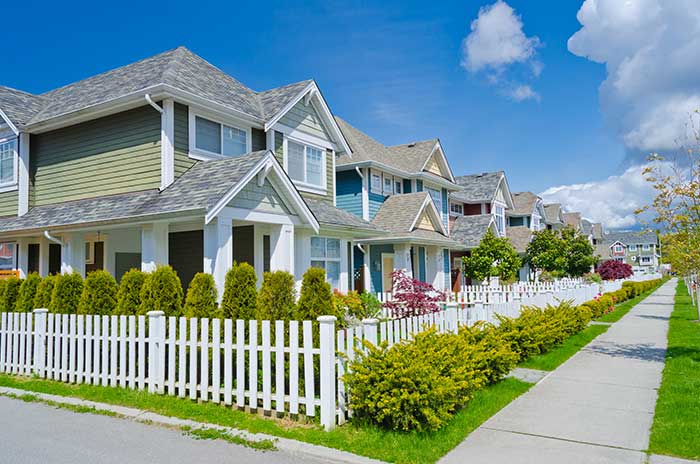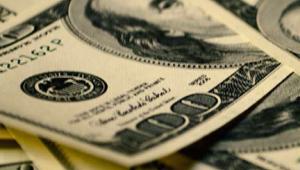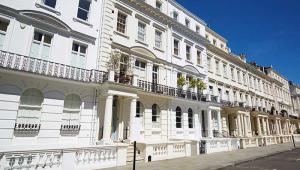web_vancouverhouses_shutterstock_279418715.jpg

Homes in Vancouver
The city’s property market has long been one of the world’s most expensive, but low interest rates, rising immigration, and an influx of foreign – mostly Chinese – cash have sent prices soaring.
British Columbia’s provincial authority said the tax, which will apply to any real estate purchased by foreign nations or foreign-controlled corporations, will temper the price intensity.
The province’s finance minister Michael de Jong said: “While investment from outside Canada is only one factor driving price increases, it represents an additional source of pressure on a market struggling to build enough new homes to keep up.
“This additional tax on foreign purchases will help manage foreign demand while new homes are built to meet local needs.”
He highlighted data collected by the provincial government showing that foreign nationals invested more than C$1bn into British Columbian property between 10 June and 14 July this year, more than 86% of it in the region’s Lower Mainland, where Vancouver is located.
According to data from the Canadian Real Estate Association, the average house price in Vancouver stood at C$1.026m in June 2016, compared to a Canada-wide average of C$503,301.
The figures show an 11.3% year-on-year change, with average prices in the city jumping from C$922,326 in June 2015.
The province’s premier Christy Clark said the changes would help make sure British Columbians can continue to “live, work and raise their families in our vibrant communities”.
“Owing a home should be accessible to middle-class families and those who are in a position to rent should be able to find a suitable home,” she stressed.
The revenues from the tax will go towards a soon-to-be-created housing fund for provincial housing and rental programmes, which will also receive an initial C$75m investment from the provincial government.
Other measures to end self-regulation, increase oversight and strengthen consumer protections, as well as a separate tax on vacant homes, will be established.
According to city data, there are as many as 11,000 homes that have been sitting empty for at least 12 months in Vancouver.
Other red-hot Canadian property markets, such as that of Toronto, will be watching the impact of the tax very closely.
Average house prices there have increased by almost 17% between June 2015 and June 2016, rising from C$639,184 to C$756,546.
Critics have warned the tax could disrupt sales currently under negotiation captures people that it shouldn’t, and will be easy to avoid.












